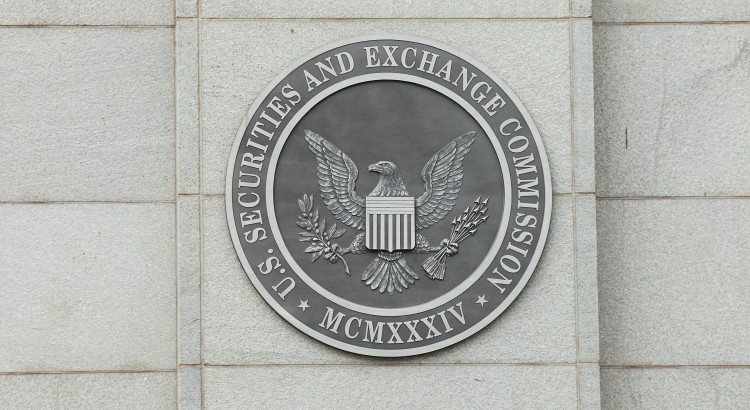The U.S. Securities and Exchange Commission (SEC) has charged Mohlman Asset Management owner and manager Louis G. Mohlman, Jr. with misleading investors and ordered him to pay $100,000 in civil penalties. The agency also charged two of the Registered Investment Advisor (RIA) firms managed by Mohlman Asset Management with engaging in conflicted transactions and making false statements to investors.
Complaint Alleges Mohlman Repeatedly Misled Investors
The SEC alleges that between 2012 and 2015 Mohlman used money from two private funds managed by his company, Mohlman Asset Management, to satisfy payments to third parties and make a $150,000 unsecured loan. The loan constituted approximately 16% of the fund’s portfolio. Though SEC examiners told Molham that the loan should be fully disclosed to investors, he still misled investors on the nature of the loan.
The complaint also alleges that the fund owner encouraged his clients to invest in his “Roth IRA strategy,” which purportedly was backed by tax and legal opinions acquired from accounting and law firms. These statements were false, and in fact, the SEC cites one accounting firm principal who told Mohlman that he would not endorse such products.
The complaint also alleges that Mohlman Asset Management filed materially inaccurate forms with the SEC, had inadequate compliance programs, and failed to comply with the regulator’s “Custody Rule.”
Mohlman Asset Management Fund to Pay Penalties
Louis G. Mohlman, Jr. has neither admitted nor denied the SEC’s allegations, but he and his firm have agreed to a settlement subject to court approval. Mohlman will pay a $100,000 civil penalty and disgorge $862.03 in ill-gotten gains, plus $75.34 in interest.
Are You a Victim of Stockbroker Misconduct?
If you lost money as a result of stockbroker misconduct or think you may be a victim of securities fraud, contact a qualified securities fraud attorney today.
Call a Securities Fraud Attorney Today
If you are looking for an attorney to review your rights and options, the securities fraud lawyers at Dimond Kaplan & Rothstein, P.A. have recovered more than $100 million from banks and brokerage firms for their wrongful actions.
With offices in Los Angeles, New York, West Palm Beach and Miami, our securities fraud attorneys represent clients nationwide and can help you recover your investment losses.
Contact an securities fraud attorney at Dimond Kaplan & Rothstein, P.A. today to schedule an appointment or consultation to review your rights and options.









